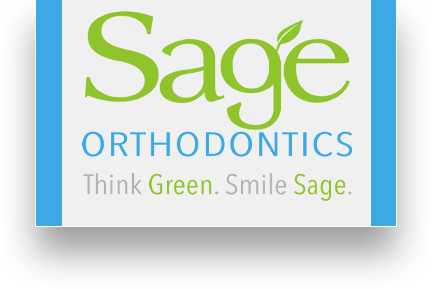
Starting orthodontic treatment is an exciting step toward achieving a beautiful, confident smile. One common concern that often arises is the potential impact braces may have on speech. While it’s natural to wonder if treatment will alter how you talk, it’s important to know that any changes are typically temporary and usually less noticeable than you might expect.
The Adjustment Period: Temporary Speech Variations
When you first get braces, whether traditional or clear aligners, you may experience a temporary adjustment period that affects your speech. This is especially common in the early days or weeks of wearing braces, as your mouth, tongue, and lips get used to the new appliances. During this time, some people notice slight changes in their ability to pronounce certain sounds, particularly the “s” and “th” sounds. These changes are normal and should improve as you get accustomed to your braces.
Your Mouth’s Adaptability: Overcoming Short-Term Challenges
Fortunately, your mouth and tongue are incredibly adaptable. With a little time, your speech will typically return to normal as you adjust to the feel of the orthodontic appliances. However, for those who are concerned about speech changes, there are several strategies and treatment options to help minimize these temporary effects.
Tailored Solutions for Speech-Friendly Treatment
For those looking for a treatment that minimizes speech disruption, there are options available. Lingual braces, which are placed on the back of the teeth, are a great choice for those seeking a discreet option with minimal impact on speech. These braces are less noticeable and, because they don’t interfere as much with the tongue, they may cause fewer speech challenges. Clear aligners like Invisalign™ are another option that can minimize speech disruption. These aligners are molded to fit the shape of your teeth and tend to have little effect on speech, offering both aesthetic and functional benefits. While these options can be more costly, they are effective for individuals who want to reduce any speech alterations.
Budget-Friendly Solutions: Wax and Traditional Braces
If you’re seeking a more budget-conscious approach, traditional metal braces can still be a great option. Dental wax can be applied to the brackets to reduce any discomfort and make speaking more comfortable. This simple solution helps ease the transition to wearing braces and minimizes the effect on speech without adding significant cost.
Long-Term Benefits: A Healthier, More Confident Smile
Despite any short-term speech challenges, the long-term benefits of orthodontic treatment far outweigh them. Straighter teeth not only improve the appearance of your smile but also enhance speech clarity. Misaligned teeth can contribute to speech impediments like lisps or whistles, and orthodontics can help correct these issues, leading to clearer, more confident communication.
Explore Your Orthodontic Options: Schedule a Consultation
At Sage Orthodontics, we understand that each patient’s needs are unique. If you’re concerned about how braces might affect your speech, schedule a consultation with our experienced orthodontist in Portage. We’ll provide personalized guidance to help you choose the right treatment for your needs and lifestyle. With the right approach, you can achieve a straighter smile while maintaining clear, confident speech.
Investing in orthodontic care is not just about improving your smile, but about enhancing your ability to express yourself clearly and confidently. Contact us today to start your journey toward a healthier, happier smile.


